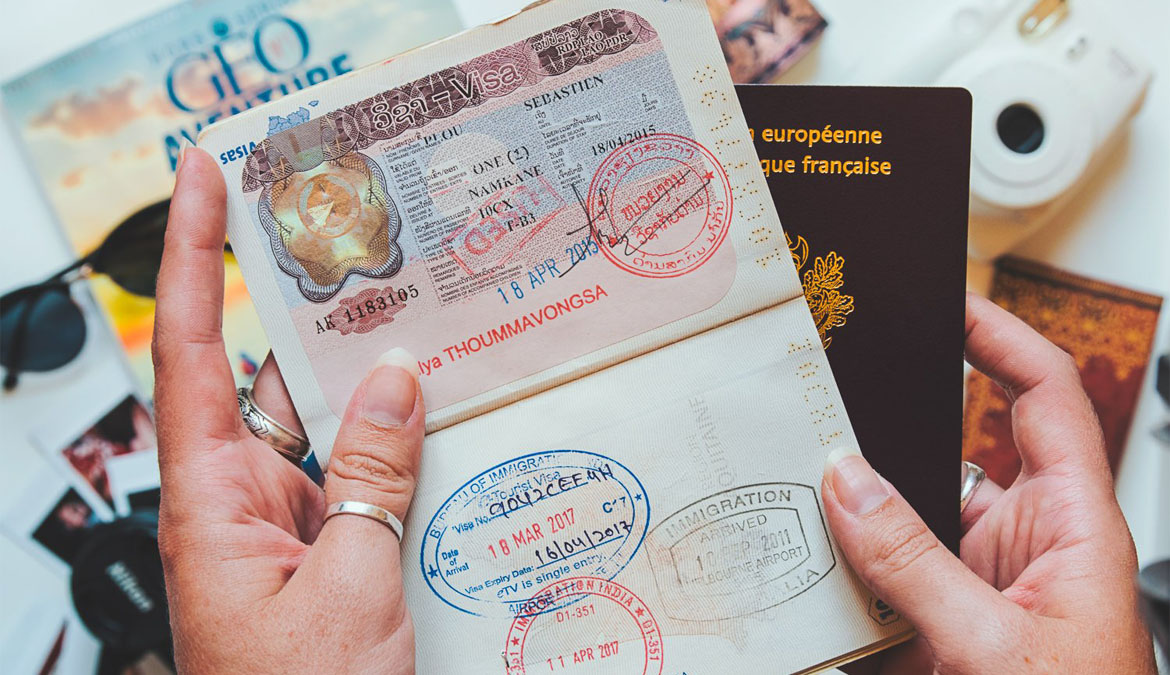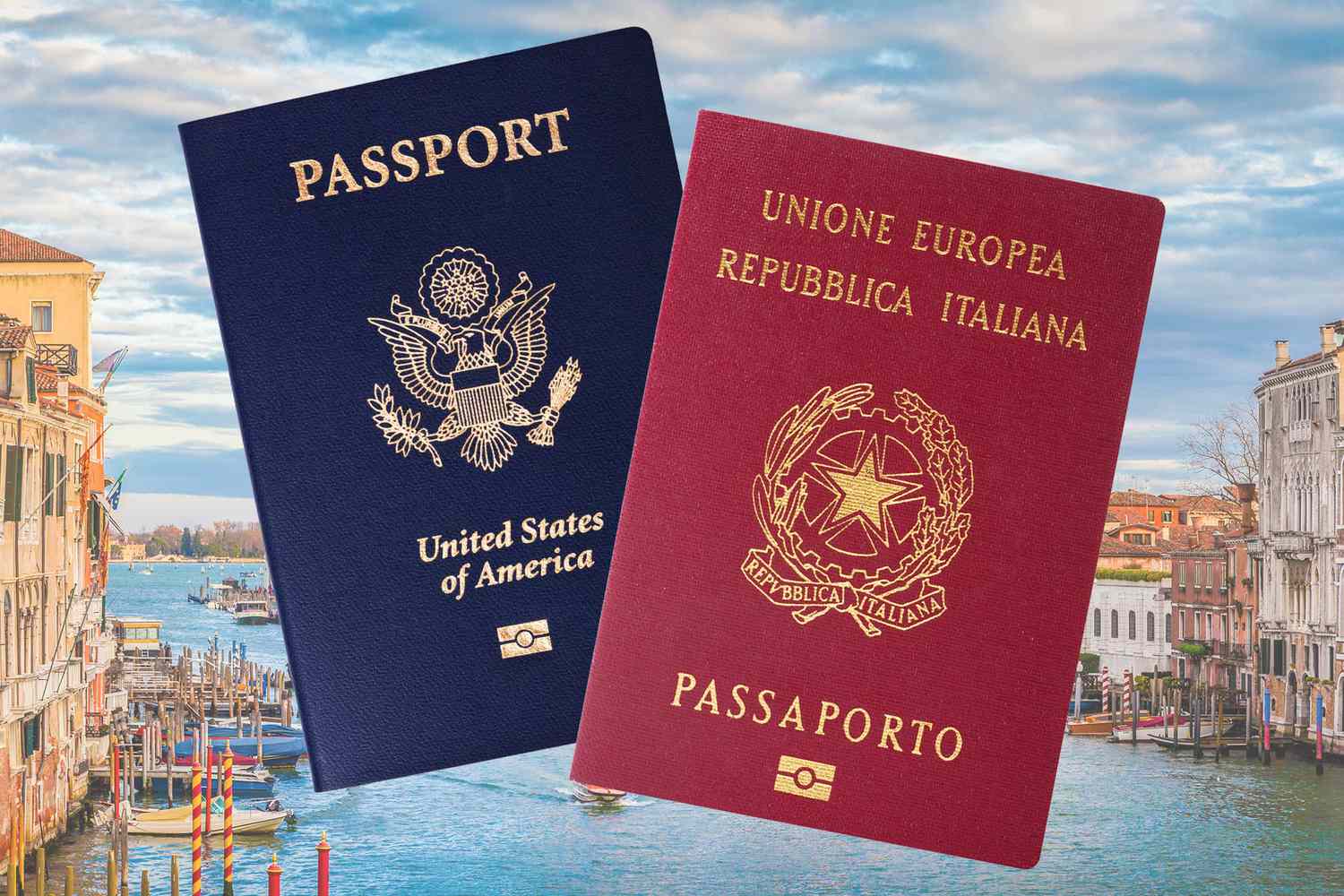Canada, renowned for its welcoming atmosphere and diverse opportunities, remains a coveted destination for travelers, workers, and students alike. For citizens of Croatia and Slovakia, understanding the visa requirements and application processes is crucial for making their Canadian dreams a reality.
Navigating Canadian visa requirements can initially seem daunting but is essential for anyone planning to visit, work, or study in Canada. The process ensures that visitors comply with Canadian laws while facilitating smooth entry into the country. CANADA VISA FOR CROATIAN CITIZENS
Visa Options for Croatian Citizens
Temporary Resident Visas (Visitor Visas)
Croatian citizens planning a short-term visit to Canada typically require a Temporary Resident Visa (TRV). This visa allows individuals to stay in Canada for up to six months and is ideal for tourism, visiting family or friends, or attending business meetings or conferences.
Work Permits and Study Permits
For Croatian nationals seeking to work or study in Canada, obtaining a work permit or study permit is necessary. Work permits enable individuals to take up employment with a Canadian employer, while study permits allow enrollment in Canadian educational institutions.
Visa Options for Slovak Citizens
Slovak citizens share similar visa requirements with Croatians but should be aware of specific differences that may affect their application process. Understanding these nuances ensures a smoother visa application experience. CANADA VISA FOR SLOVAK CITIZENS
Application Process for Canadian Visa
Applying for a Canadian visa involves several steps, starting with determining the appropriate visa category. Completing the application forms accurately and submitting required documentation are critical to avoiding delays or rejections.
Criteria for Eligibility
Eligibility for a Canadian visa is determined by various factors, including the purpose of the visit, ties to the home country, and financial stability. Meeting these criteria substantially increases the chances of visa approval.
Key Differences in Visa Types
Different visa types cater to various needs, such as tourism, employment, or education. Understanding these distinctions helps applicants choose the most suitable visa category for their intended stay in Canada.
Understanding Visa Fees and Processing Times
Visa applicants must be aware of the fees associated with their chosen visa category, including processing fees and biometric fees if applicable. Processing times vary depending on the type of visa and the volume of applications received.
Tips for a Successful Visa Application
Preparing a thorough application with all required documents, ensuring accuracy, and honesty throughout the process are crucial tips for securing a Canadian visa. Consulting with immigration experts or utilizing online resources can also provide valuable guidance.
Immigration Policies and Updates
Staying informed about recent changes in Canadian immigration policies ensures applicants are aware of any updates that may impact their visa applications. These policies are designed to reflect Canada’s evolving economic and social needs.
Living and Working in Canada
Once in Canada, temporary residents can explore diverse opportunities in work and study while experiencing the country’s rich cultural tapestry. Integrating into Canadian society involves embracing its values and contributing positively to communities.
Legal Rights and Responsibilities
Temporary residents in Canada enjoy certain rights under Canadian law, including access to healthcare and education. However, they must also fulfill responsibilities such as obeying laws and regulations while respecting Canadian customs.
Benefits of Canadian Residency
Beyond temporary stays, Canada offers pathways to permanent residency for eligible candidates, providing access to comprehensive healthcare and educational systems. These benefits enhance the quality of life for residents and their families.
Common Challenges and Solutions
Language barriers and cultural adjustments can pose challenges for newcomers to Canada. However, various support services and community initiatives exist to facilitate integration and ease the transition process.
Conclusion
Navigating the Canadian visa process requires diligence and understanding but opens doors to a wealth of opportunities in one of the world’s most welcoming nations. Whether for tourism, work, or study, Canada remains a beacon of diversity and inclusivity.



